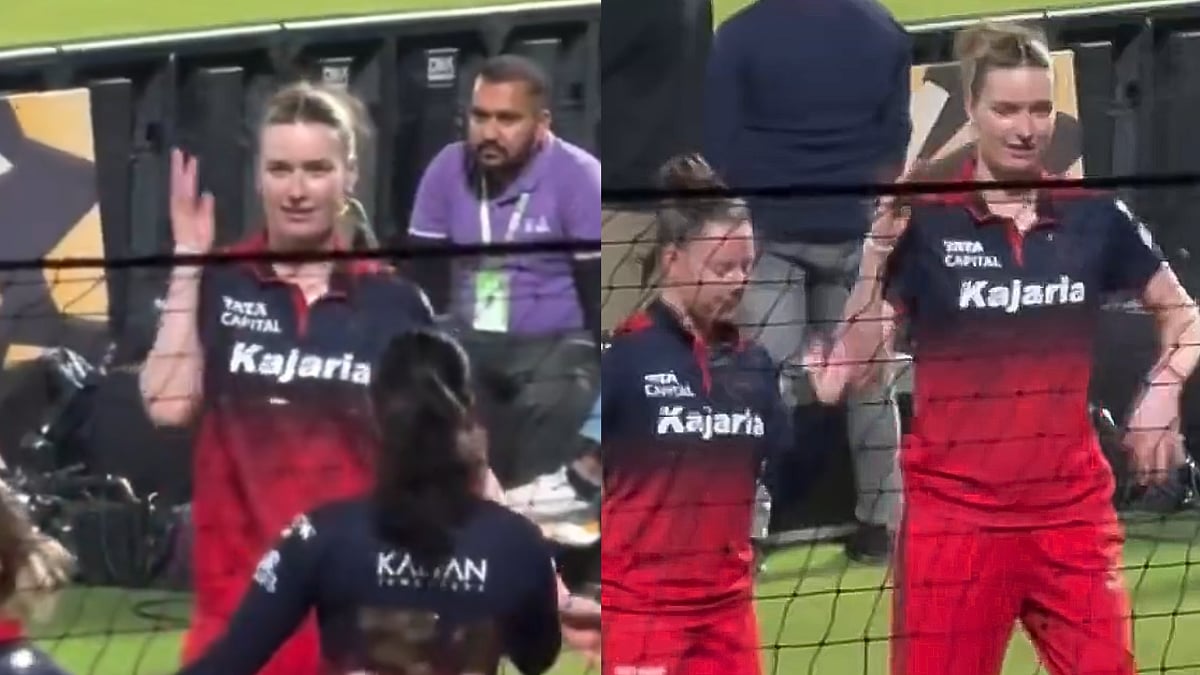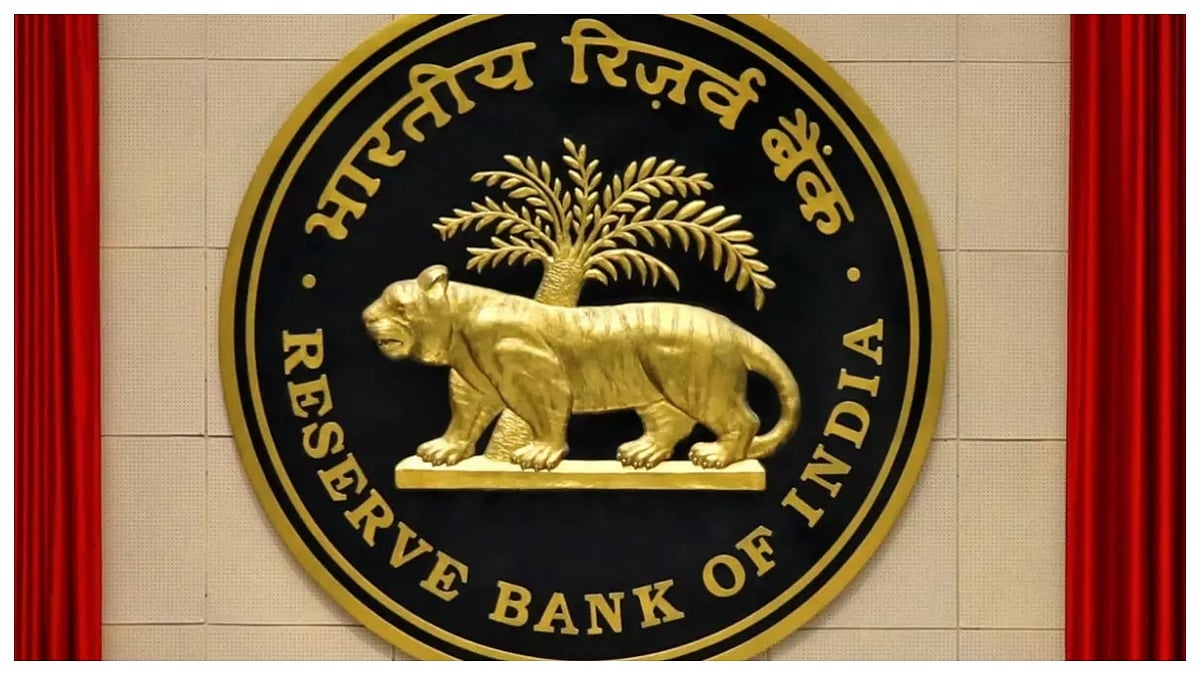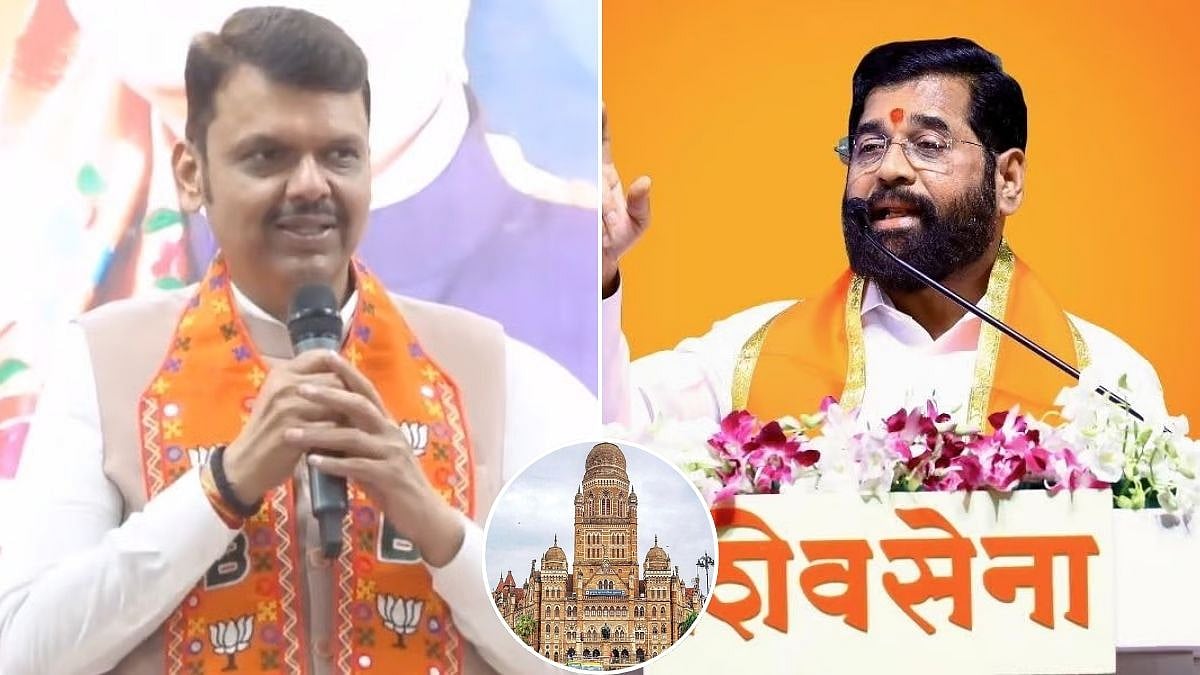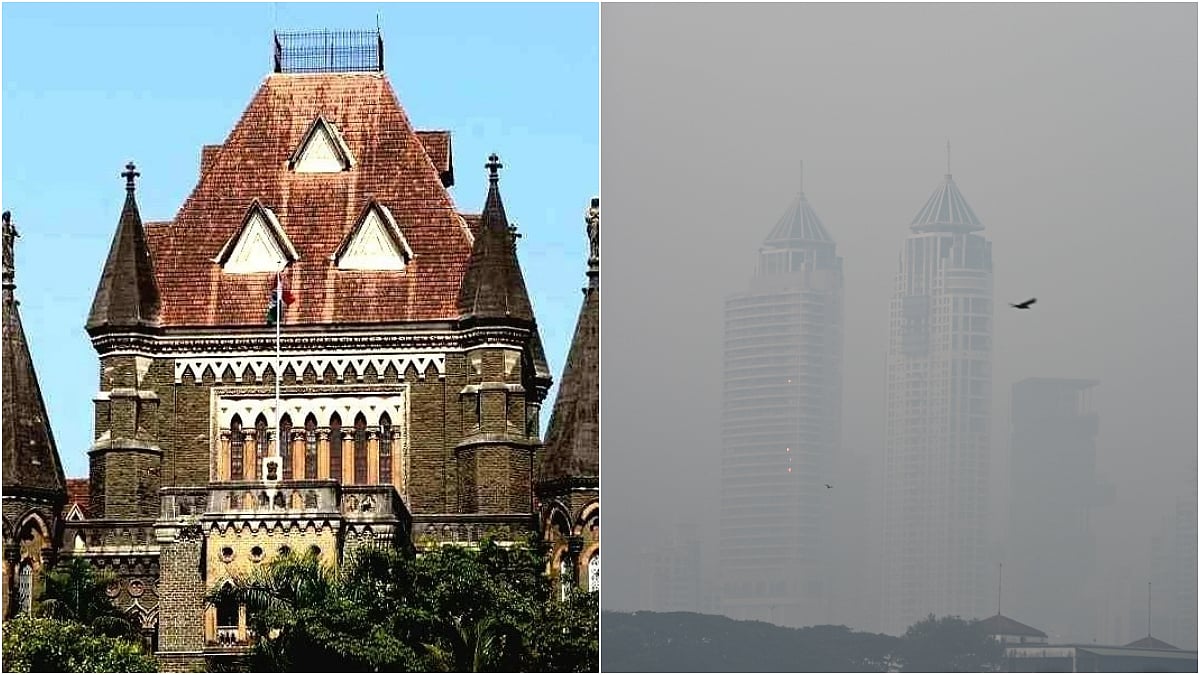In a significant ruling, the Nagpur bench of the Bombay High Court has held that if a spouse performs a second marriage in breach of the provisions of the Hindu Marriage Act, s/he cannot be prosecuted for civil contempt of court or for 'willful disobedience' of court orders.
A bench of Justice Anil Kilor noted that even if the second marriage is in violation of certain provisions of the Hindu Marriage law, there is no punishment prescribed as such and that the same could also not be declared as void (illegal).
The judge was dealing with a plea filed by a woman seeking civil contempt proceedings against her husband, claiming that he has breached the provisions of Hindu Marriage law, particularly Section 15, which disallows a spouse from marrying if the order declaring divorce is under challenge before a higher court.

The woman pointed out that a family court had refused to grant divorce on a plea filed by her husband, premised on desertion and cruelty. She further pointed out that the HC had declared divorce on an appeal filed by her husband challenging the family court's verdict. However, she filed a second appeal and questioned the validity of the HC order declaring her divorce from her husband by overruling the family court's order.
She stated that even before the HC could decide on her second appeal challenging the divorce orders, the husband had performed his second marriage in March 2016. She thus sought a declaration that the second marriage was illegal as it was performed in breach of the laws and also urged the bench of Justice Kilor to prosecute her husband for civil contempt.
Having considered the material on record, Justice Kilor said, "I have no hesitation to hold that the husband ignored the prohibition and performed the second marriage under an incapacity to marry, stipulated under section 15. Hence, the performance of second marriage by the husband during the pendency of appeal, is in contravention of the law."

As far as prosecuting the husband for civil contempt of court is concerned, Justice Kilor noted that civil contempt or wilful disobedience could be attracted only when there is a non-compliance with a court order, directive or judgment. However, in the present case, Justice Kilor said, there was no such order or directive, which the husband did not obey.
"Thus, I am of the considered view that performance of a second marriage during the pendency of appeal would be a contravention or a breach of prohibition stipulated under the Hindu Marriage Act, but in any case, it would not amount to disobedience of any command of the court. Consequently such act would not fall within the ambit of the expression willful disobedience," Justice Kilor held.
The bench further noted that there is no 'express provision' to penalise such a marriage and in absence of such provisions the marriage cannot be declared as illegal.










